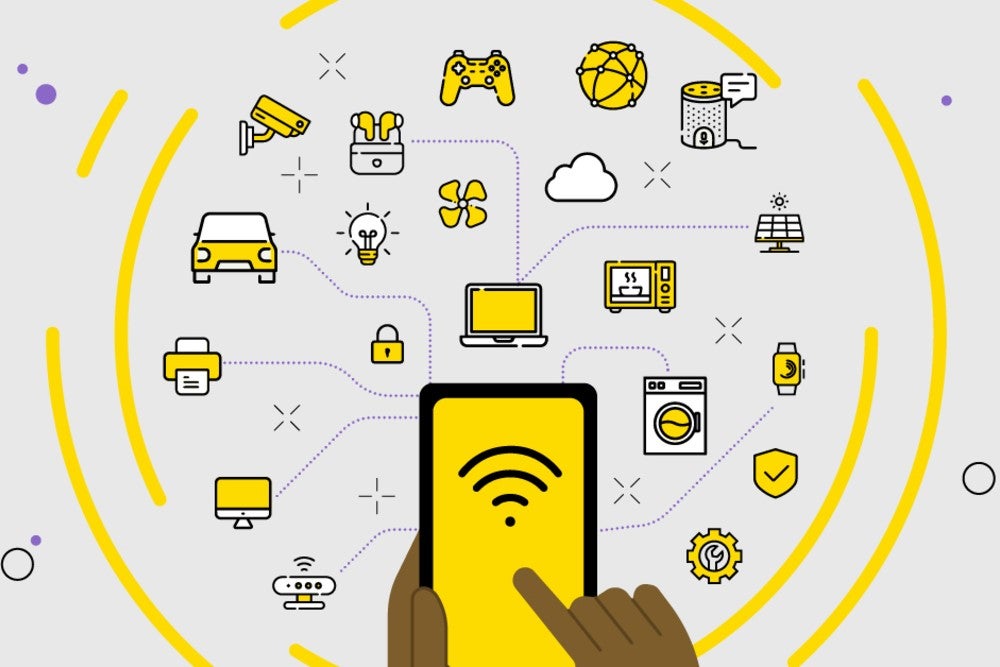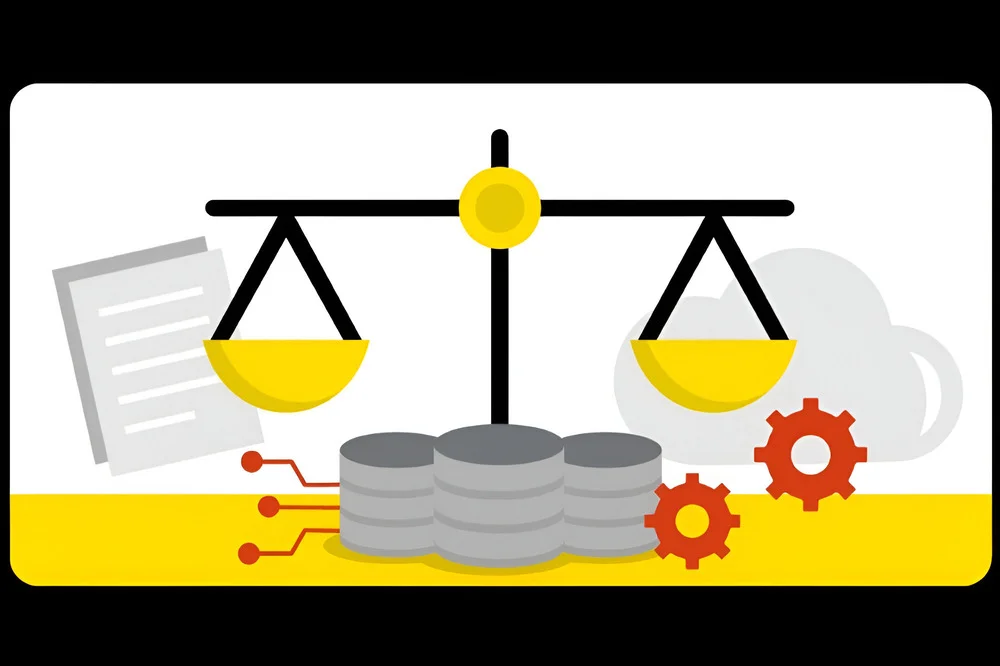What is data science ‘Impostor Syndrome’?

Over 40 years ago, in 1978, the academic paper that coined the term ‘impostor phenomenon’ was published. In this case, the term, which referred to a perception of fraud or phoniness by a person experiencing success in a senior business role, was being used to describe the way high-achieving women were feeling in what was a male-dominated business world.
Despite their superb educational records, formal recognition of their excellence by their colleagues, extremely high test scores and more, many of the women in the study simply believed they had made it to the top through sheer luck. This led to a fear that they would one day be revealed as impostors and, as a result, all of their success would be stripped away.
Interestingly, Impostor Syndrome is now being discussed as a phenomenon affecting those working in the field of data science.
Just like women at the top of the business tree in the late ‘70s, data scientists are pioneers. Only in data science, it doesn’t appear to be a gender-specific issue.
Data science itself was only born in the early 2000s when computer scientist William S. Cleveland suggested that it should be an area of study in its own right. Many say the term ‘data scientist’ was first used as late as 2008, after being coined by DJ Patil from LinkedIn and Jeff Hammerbacher from Facebook.
The good news is that Impostor Syndrome is not a mental health condition, it’s better defined as a reaction to a set of circumstances (although some clinical psychologists say the feeling of being a fake can sometimes be linked to anxiety and depression).
What is known is that it is more common in high achievers and that signs include perfectionism, overworking yourself, constantly pointing out your own mistakes, fear of failure and discounting of praise.
Why do data scientists experience Imposter Syndrome?
While little has been done in the way of academic research to specifically discover why data scientists might feel like a fake, many data scientists have weighed into the discussion. Most feel that it has something to do with the newness and scale of the profession.
Consider the situation of a leading surgeon. They entered a well-established field through the tried and true pathway of a university degree in Medicine and, throughout their education and career, followed a course that eventually saw them specialising in a particular field. It might be cardiothoracic surgery, neurosurgery or ENT surgery, for instance. These fields are all well defined and are known and accepted by the public.
Then consider the situation of a successful data scientist, who might have entered the field via any number of pathways – statistics, computer science, engineering, business, database specialist, etc. – and who now likely specialises in an area that nobody has ever heard of. Even people in the industry are unlikely to be aware of the various potential specialisations and fields. The industry itself is constantly re-shaping and merging, shifting and splintering as new software, new languages, new capabilities and new demands on the technology emerge.
And so data scientists, like the women in senior business roles in the 1970s, can find it difficult to identify a frame of reference for their own talent and knowledge. The more they learn about the breadth of the industry, the more they realise they don’t know. And yet they’re a success, in great demand and with enviable earning power.
It’s no surprise that Impostor Syndrome is experienced by some. Fortunately, there’s plenty they can do about it to balance out the uncertainty.
Battling the Imposter Syndrome demons
First of all, if any data scientist feels that the symptoms of Impostor Syndrome are crippling or overpowering, it is advisable to seek professional help. This can begin with your GP, a psychologist or a call to a helpline such as Lifeline on 13 11 44 or BeyondBlue on 1300 224 636.
It’s important to understand that the process of overcoming Impostor Syndrome will be different for every individual, as will its effects. For some, it is powerful and negative. For others, it might simply be fleeting.
Caitlin Hudon, a blogger and data scientist at OnlineMedEd in Austin, Texas, says she has had to deal with the effects of Impostor Syndrome. Part of the feeling of intimidation from the phenomenon comes from the fact that she is constantly learning on the job, as is every data scientist. It’s difficult to feel that you’re a true expert, she says, when there is always so much more to learn.
In a blog about dealing with Impostor Syndrome, Caitlin has outlined the various processes that she has found useful in mitigating or minimising the negative effects. Following is a summary of her advice:
- You’ll never know everything there is to know, so get comfortable with ‘I don’t know’.
- Never put yourself in a situation where you feel you have to fake it. If you don’t know something, have the confidence to admit it, safe in the knowledge that you have massive knowledge in your particular area. Then go and find the answer for yourself.
- Never lose your inquisitiveness, that’s what science is all about. In other words, be proud of being the person who is happy to ask questions.
- Share your knowledge as much as you can, whether online or offline. When you do so, Caitlin says, it helps others to put their own learning in perspective, and it will probably give you greater confidence in your own knowledge.
The silver lining, if it can be seen that way, is that the very nature of Impostor Syndrome means that those who are suffering have found success. That success will only increase over the next few years and decades as data science cements its role as a vital ingredient for success in business, government and society.
Fortunately, as the data science industry sorts itself into specialisations and segments, just as Medicine did decades ago, those feelings of being an impostor will lose their potency. Until then, data scientists may need to find innovative ways to be comfortable with their success.
Find out more about becoming a true data scientist with our Master of Data Science.










